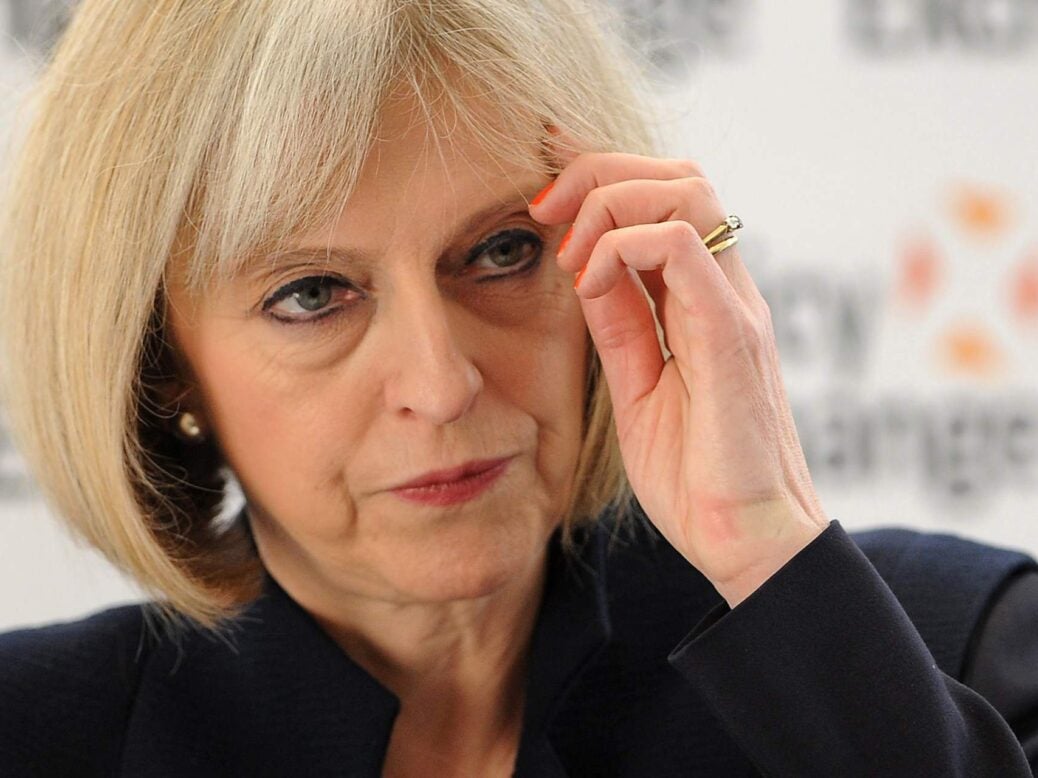
Theresa May’s call to hold a snap election on June 8 is the right decision for Britain, writes Alec Marsh
The prime minister’s decision to go to the country in a snap election on June 8 shows enormous courage and confidence – and is further proof of the mettle which steered her through six years at the Home Office, famously the toughest brief in government. She is, after all, risking an otherwise secure tenure that would take her up until 2020.
But with Jeremy Corbyn’s Labour party trailing heavily in the polls – support for Labour is lower than at any time since 1983 – the risks of an election are mild in comparison with the possible electoral gains. Don’t forget that if she waits until 2020, there’s every chance that Labour might have a fresh-faced new leader, one who might actually pose an electoral threat to May, who’ll have been in Number 10 for quite a while by then.
Likewise, with recent defections and shorn of its popular on-and-off leader Nigel Farage, Ukip seems to have been neutralised as a political threat to the Tories. If anything, Ukip appears more dangerous for Labour.
Meanwhile in Scotland, the snap election gives Theresa May the opportunity to bloody Nicola Sturgeon’s nose, by taking a chunk out of the SNP’s historic wins in 2015. With 56 out of 59 Scottish seats at Westminster already, it’s hard to see the SNP doing better in 2017 than two years ago. With luck they will do much worse.
Insisting that this was the only way to ‘continue to give the country the strong and stable leadership it demands’, May is also looking to shore up her own position in her party as well as to seek public backing of her pursuit of a hard Brexit, as critics like to call it. May can claim that she had the public mandate to trigger Article 50 and take Britain out of the European Union, but she – and everyone else – knows all too well that that’s where the mandate stops. There was no instruction from the people on what was to follow and the election will offer the chance to have that discussion and build a greater national consensus around it; one that might be a game-changer in respect of the challenges caused by the outcome of the referendum. In short, the election will also allow her to reboot the political representation of the country, and cash-in the Remain parliament that she inherited from 2015.
Standing outside Number 10, May noted: ‘Division in Westminster will risk our ability to make a success of Brexit and it will cause damaging uncertainty and instability to the country. So we need a general election and we need one now, because we have at this moment a one-off chance to get this done while the European Union agrees its negotiating position and before the detailed talks begin.’
It’s hard to disagree. While an election will create more uncertainty in the short term, if May can unify the country – an aim she espoused in her Easter message – and draw together a broad coalition behind her plans for Brexit, then it could be the saving of the nation. If she hadn’t, she would have faced constant criticism for her lack of electoral mandate for the bold future she is charting for Britain outside of the EU, as well as the risk of the possible fragmentation of the country. It’s interesting to note that sterling reached levels last seen in February after her announcement, so for now at least, the pound is backing May’s snap election. And so ought we all.
Mrs May famously told us all what Brexit means. Now we know what she means – business. At this rate, in the history books stakes at least, Britain’s second female prime minister is going to give the first a run for her money.
Alec Marsh is editor of Spear’s






